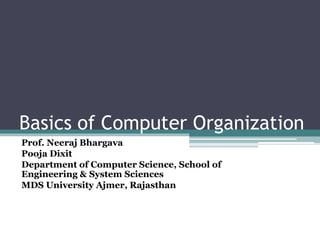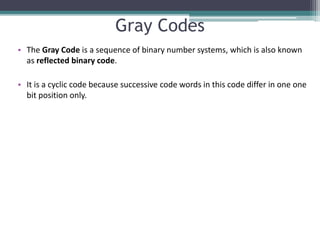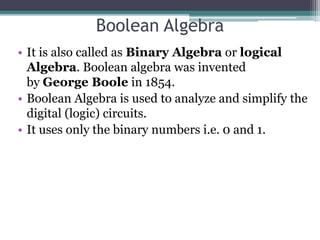Basics of Computer Organization.pptx
- 1. Basics of Computer Organization Prof. Neeraj Bhargava Pooja Dixit Department of Computer Science, School of Engineering & System Sciences MDS University Ajmer, Rajasthan
- 2. What is Computer Organization? ? As the name suggest, it is all about how the various parts of a computer are organized. ? Computer organization is the knowing, What the functional components of a computer are, how they work and how their performance is measured and optimized . ? Computer organization will take a deep dive into CPU, how the units such as Arithmetic logical Unit, processors, Memory (RAM and Cache) and buses go about doing their job. In other words, how these functional units collectively work together to execute a computer program/instruction. ? Random Access Memory (RAM) is used to store the programs and data being used by the CPU in real-time. Two types of RAM are Static RAM, or (SRAM) and Dynamic RAM, or (DRAM). ? Cache Memory : Cache is a smaller and fast memory component in the computer which is inserted between the CPU and the main memory.
- 3. What are Number System? ? The technique to represent and work with numbers is called number system. every value that you are saving or getting into/from computer memory has a defined number system. Types of Number System ? There are various types of number system in mathematics. The four most common number system types are: ? Decimal number system (Base- 10) ? Binary number system (Base- 2) ? Octal number system (Base-8) ? Hexadecimal number system (Base- 16)
- 4. Gray Codes ? The Gray Code is a sequence of binary number systems, which is also known as reflected binary code. ? It is a cyclic code because successive code words in this code differ in one one bit position only.
- 5. Boolean Algebra ? It is also called as Binary Algebra or logical Algebra. Boolean algebra was invented by George Boole in 1854. ? Boolean Algebra is used to analyze and simplify the digital (logic) circuits. ? It uses only the binary numbers i.e. 0 and 1.
- 6. Logic Gates ? A logic gate is a physical electronic device implementing a Boolean function, a logical operation performed on one or more binary inputs that produces a single binary output.
- 7. Flip Flop ? a flip-flop is a circuit that has two stable states and can be used to store information. ? A flip flop is used to store 1 bit of data.A combination of flip flops is called A Register. ? Types of Flip-Flop ? JK flip Flop ? SR Flip Flop ? D Flip Flop






